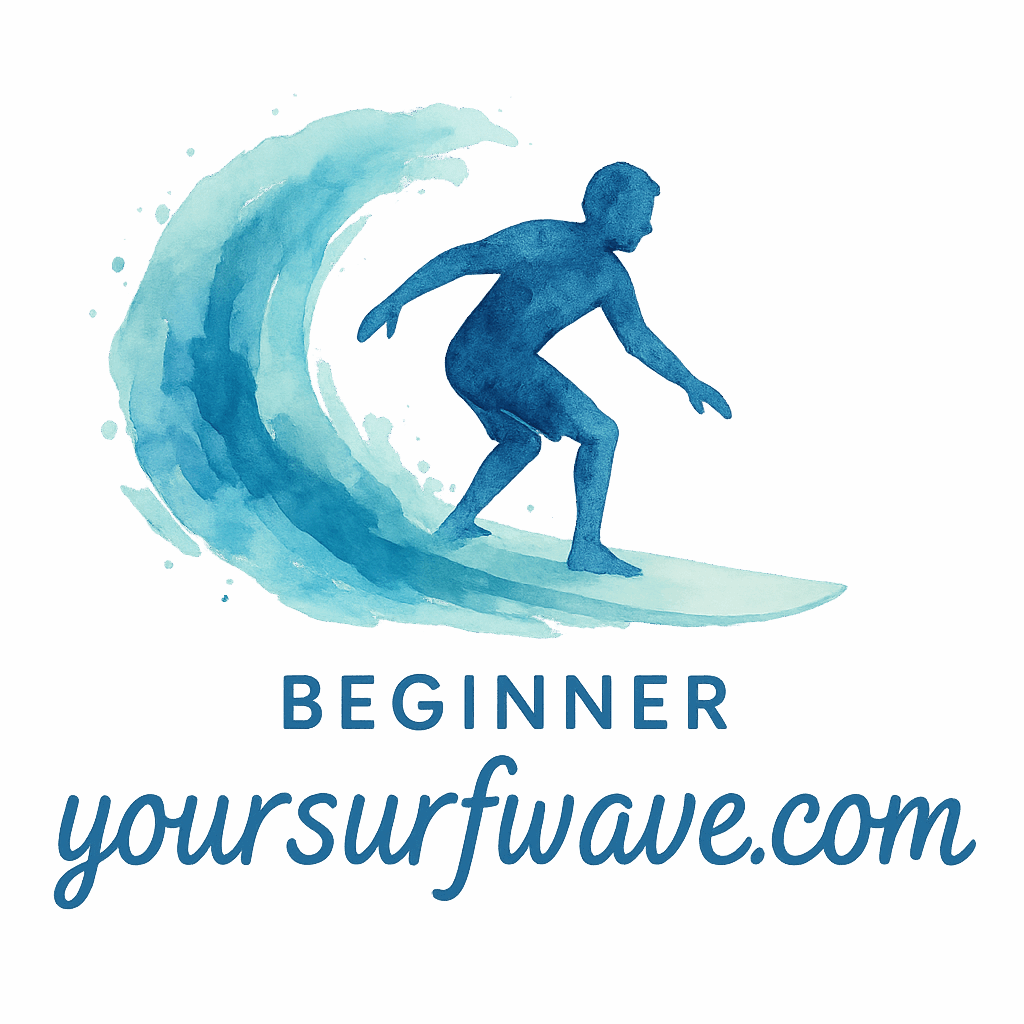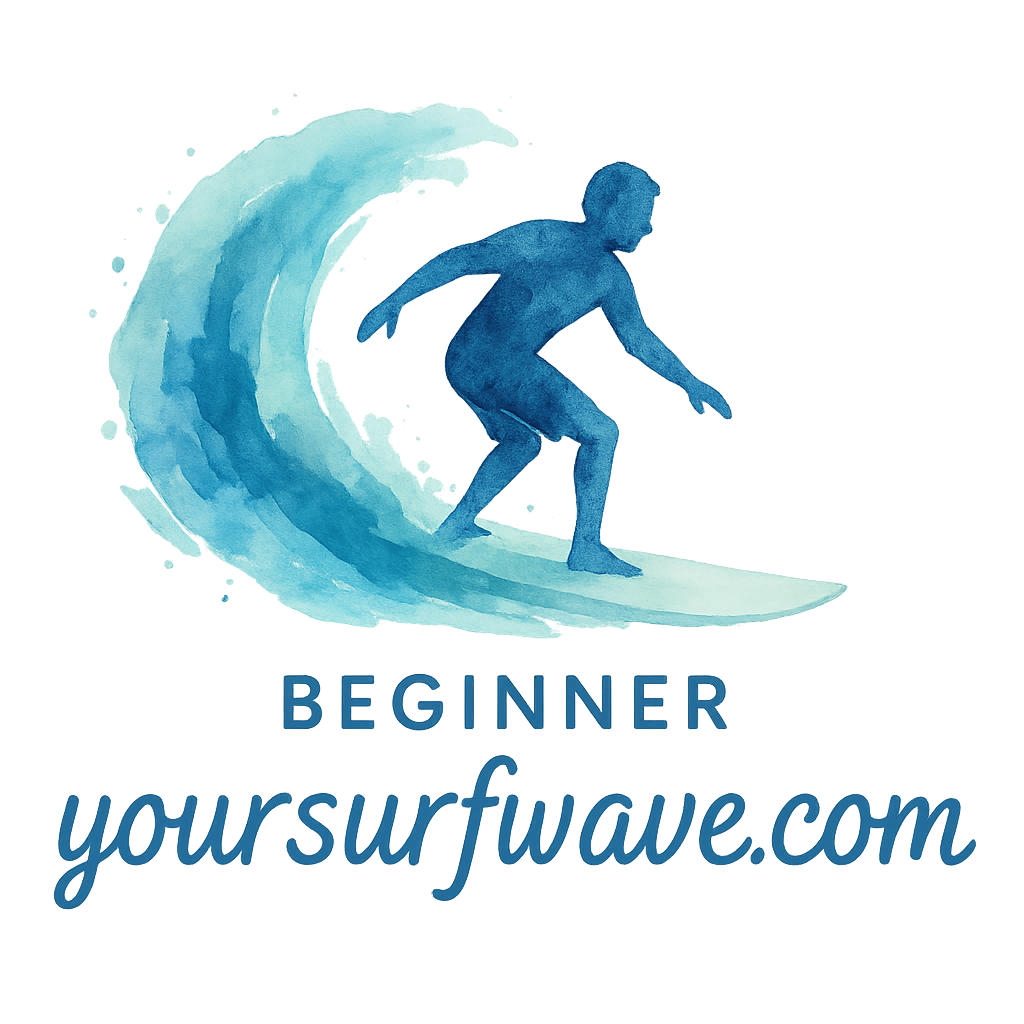Introduction
Surfing isn’t only about catching waves—it’s also about training your mind to stay calm, present, and in sync with the ocean. If you’ve ever struggled with nerves in the lineup or found it hard to stay focused, mindfulness could be your secret weapon. That’s where at-home surf training mindfulness practices step in.
By weaving mindfulness into your daily surf training routine, you’ll sharpen focus, reduce anxiety, and boost your overall surf performance—even when you’re far from the beach. In this article, we’ll explore nine powerful practices to help you build both mental clarity and surf strength right at home.
Why Mindfulness Matters for Surf Training
Surfing is as much a mental game as it is physical. The way you think and react directly impacts how you paddle, pop up, and ride waves.
The Link Between Surfing and Mental Clarity
Great surfers know how to read the ocean and stay present in high-pressure moments. By practicing mindfulness, you learn to silence distractions, calm nerves, and align your mindset with the rhythm of the waves.

Benefits of Practicing Mindfulness at Home
Practicing at home lays the mental groundwork so you show up stronger in the lineup. Mindfulness improves:
- Wave-reading focus.
- Emotional resilience after wipeouts.
- A deeper mind-body connection.
👉 For more foundational guidance, check out our surf basics guide.
Getting Started with At-home Surf Training Mindfulness Practices
Before diving in, set the stage for success.
Setting Up a Surf-inspired Space
Choose a quiet corner in your home. Decorate with seashells, surf photos, or even your board to keep you inspired.
Choosing the Right Time for Practice
Consistency beats intensity. Even 10–15 minutes daily can transform your focus.
Need help starting from scratch? Explore our beginner surfing tips.
Practice #1: Breathwork for Wave Readiness
Mindful breathing steadies your mind and body.
Diaphragmatic Breathing
Lie flat, place a hand on your belly, and inhale deeply through your nose. Exhale slowly through your mouth. This is a great way to reduce pre-surf anxiety.
Box Breathing for Focus
Inhale for 4 counts, hold for 4, exhale for 4, hold for 4. Repeat. Think of it as mental wax for your surfboard.
👉 Want more exercises like this? Check out our surf fitness guide.
Practice #2: Surf-specific Meditation
Meditation sharpens your ability to stay calm and ride with intention.
Guided Ocean Visualizations
Picture yourself gliding on waves, feeling the spray, and flowing with the ocean. This mental rehearsal primes your brain just like real practice.
Body Scan for Balance Awareness
Scan your body from head to toe, noticing tension and releasing it. This improves balance awareness—vital for surfing.
Practice #3: Yoga for Surfers
Yoga and surfing are like peanut butter and jelly—they complement each other perfectly.
Poses that Build Strength and Calm
Downward Dog, Warrior II, and Pigeon Pose improve paddling endurance and hip flexibility.
Flow Sequences for Ocean-like Rhythm
Try Sun Salutations, moving breath-to-movement like the rise and fall of waves.
👉 Browse our surf lifestyle section for more routines that complement yoga and surfing.
Practice #4: Mindful Movement Drills
Bring mindfulness into your surf conditioning workouts.
Pop-up Mindfulness Exercise
Practice slow, deliberate pop-ups. Focus on each movement—hands, core, stance—without rushing.
Balance Board Training with Awareness
On a balance board, notice every micro-shift in weight. Each wobble is a mindfulness cue.
👉 Explore more indoor workouts in our home workout tips.
Practice #5: Journaling for Surf Mindset
Mindset matters. Writing is a powerful mindfulness tool.
Reflecting on Training Sessions
After practice, write down what went well and what needs work.
Setting Surf Goals with Intention
Define clear, mindful goals like: “Stay calm when a set wave rolls in.”
Practice #6: Gratitude Rituals for Surfers
Gratitude strengthens focus and joy.
Morning Gratitude with Surf Visualization
Write three things you’re grateful for each morning. Imagine how they fuel your surf journey.
Post-session Reflection
After training, reflect on what you appreciated—like smoother breathwork or better balance.
👉 Learn more about the mental side of surfing in our surfing therapy articles.
Practice #7: Visualization of Surf Spots
Visualization prepares your brain for real surf environments.
Imagining Your Favorite Break
Picture your dream wave, its shape, speed, and sound. This reduces stress when you face real waves.
Mental Rehearsal of Skills
Visualize perfect pop-ups or carving turns. Mental reps boost confidence.
👉 Planning a trip? Explore inspiring surf destinations.
Practice #8: Nutrition and Mindful Eating
What you eat affects your energy, focus, and surf performance.
Fueling Body and Mind Like a Surfer
Whole foods like oats, fruits, fish, and nuts provide lasting surf energy.
Eating with Awareness for Energy
Slow down. Notice textures, flavors, and fullness cues. It’s about nourishing your surf lifestyle.
👉 For more on fueling your body, check our surf benefits section.
Practice #9: Digital Detox for Surf Presence
Surfing thrives on presence—not distractions.
Disconnecting to Reconnect with the Ocean
Take one hour daily tech-free. Use that time for breathwork or stretching.
Building Healthy Tech Boundaries
Mute notifications during surf training. Protect your mental “lineup.”
👉 Dive deeper into mental health and surfing.
Integrating Mindfulness into Daily Surf Training
Creating a Consistent Routine
Link mindfulness to daily habits—like meditating after brushing your teeth.
Mixing Physical and Mental Training
Balance cardio, pop-ups, and yoga with breathwork and meditation for complete surf prep.
Common Mistakes to Avoid
Overloading Practices
Start small. Layer in practices slowly to avoid burnout.
Forgetting to Track Progress
Log your progress. Mindful notes reveal growth over time.
👉 If you’re unsure where to begin, explore our learn to surf guide.
Conclusion
Surfing isn’t just about waves—it’s about mastering presence, patience, and awareness. By adopting these nine at-home surf training mindfulness practices, you’ll build resilience, sharpen your focus, and prepare yourself for better surf sessions. The beauty? You don’t need the ocean right outside your door. All you need is consistency, curiosity, and a mindful approach to your training.
FAQs
1. How often should I practice mindfulness for surfing?
Aim for 10–20 minutes daily. Consistency is key.
2. Can beginners benefit from these mindfulness practices?
Yes! In fact, mindfulness helps beginners manage nerves in the lineup.
3. Do I need special gear for at-home surf mindfulness training?
No, but tools like a yoga mat or balance board can help.
4. How long before I notice improvements?
Mental clarity may show in weeks; surf performance grows over months.
5. What’s the best practice for surf anxiety?
Breathwork and guided visualizations are very effective.
6. Can mindfulness replace physical surf training?
No—it complements it. Think of it as mental conditioning for better results.
7. How do I stay motivated to practice at home?
Set small goals, track progress, and remind yourself that mindfulness prepares you for better surf days.


